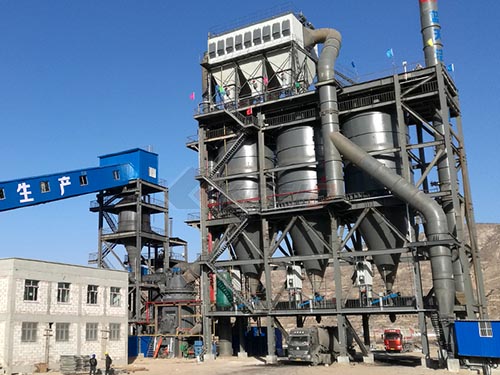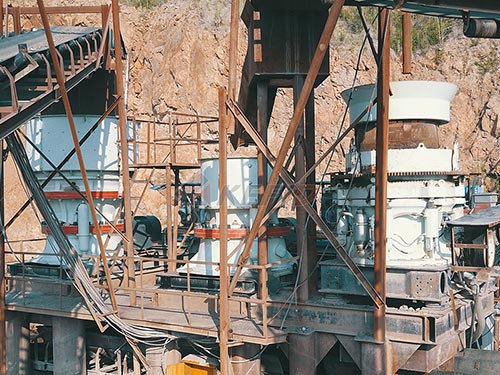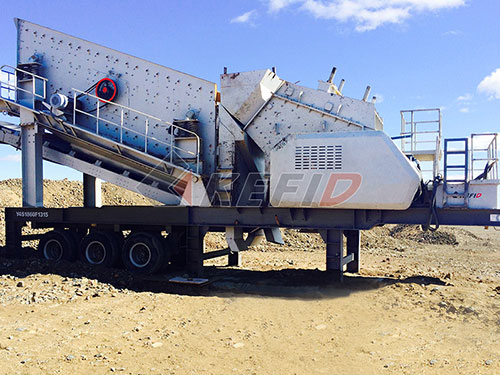Gypsne Crushing Machine
Essential Guide to Gypsum Crushing Machines: Efficiency in Mineral Processing
Gypsum, a versatile mineral crucial in construction (drywall, plaster), agriculture (soil conditioner), and industrial applications (cement retarder), requires efficient size reduction before further processing or utilization. Gypsum crushing machines form the vital first step in transforming raw gypsum rock into usable products like powder or aggregates. Understanding these machines is key to optimizing productivity and product quality.
The Core Objective: Size Reduction
Raw gypsum extracted from quarries typically arrives as large rocks or lumps. The primary function of a gypsum crushing machine is to break down this material into smaller, manageable fragments suitable for subsequent grinding mills or direct application.
Common Types of Gypsum Crushing Equipment
Several crusher types excel at handling gypsum's relatively soft nature (Mohs hardness ~2):

1. Hammer Crushers: Often the preferred choice for primary crushing of large gypsum blocks.
How They Work: Rotating hammers mounted on a shaft impact the incoming material against breaker plates or grates.
Advantages: High reduction ratio (often 10-25:1), ability to handle large feed sizes, relatively simple structure, low cost per ton for soft materials like gypsum.
Considerations: Higher wear on hammers and grates compared to some alternatives; generates more fines; sensitive to moisture content.
2. Jaw Crushers: Robust machines suitable for primary crushing.
How They Work: A fixed jaw plate and a moving jaw plate create a V-shaped cavity where material is crushed by compression.
Advantages: Excellent reliability, handles abrasive materials reasonably well due to replaceable liners, good capacity.
Considerations: Lower reduction ratio (~6:1) than hammer mills; output tends to be more slabby; less efficient at generating fine product directly compared to impact crushers.
3. Impact Crushers (Horizontal Shaft Impactors - HSI / Vertical Shaft Impactors - VSI): Ideal for secondary crushing or producing finer particle sizes.
How They Work: Material is accelerated by rotating rotors/hammers/impellers and thrown against impact aprons/anvils or other particles (rock-on-rock).

Advantages: Good control over product shape (more cubical), high reduction ratios achievable; VSI crushers excel at producing sand-like fines efficiently.
Consider


